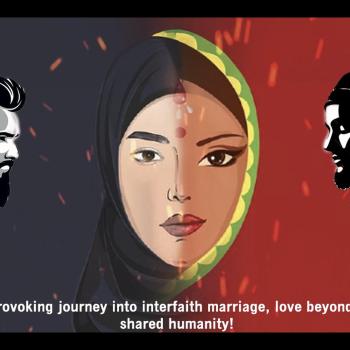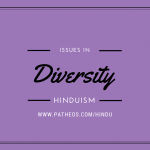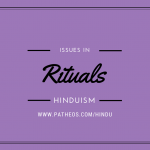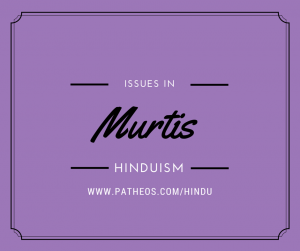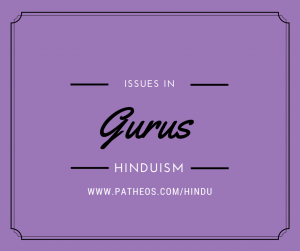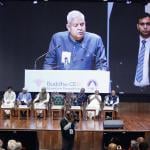“We must all face the choice between what is right and what is easy.” — Dumbledore
“In every one of us there are two ruling and directing principles, whose guidance we follow wherever they may lead; the one being an innate device of pleasure, the other an acquired judgment which aspires after excellence. Now these two principles at one time maintain harmony, while at another they are at feud within us, and now one and now the other obtains mastery.” — Plato
“There is a way which seems right to a man, But its end is the way of death.” — Proverbs 14:12
No matter what we call our religions, most Americans are philosophically hedonists. One of the truths our founding fathers considered self-evident was that the pursuit of happiness is an unalienable right endowed on us by our Creator, so it’s no surprise that we’re a nation of pleasure-seekers. Since the endless quest for more and more sense pleasure also fuels capitalism, we’re encouraged our entire lives to buy, indulge, treat ourselves. You deserve it, the advertisers tell us. “That’s right, I do deserve it!” we tell ourselves.
Yama, the God of Death, meets an endless stream of people who’ve lived life to indulge their senses. In fact, the idea that we can find lasting happiness in fleeting pleasures is a road that leads straight to his door.
In the Katha Upanishad, Yama explains that our bodies are like chariots drawn by five horses (the senses). If we are skilled drivers, we’re in control of the horses, but otherwise they’ll run after whatever interests them. The senses always choose the path to Death, called preya.
There is another path, Yama tells us, which leads to inner peace, contentment, and ultimately takes us beyond sorrow. It’s called shreya.
Shreya is not a popular path. It lacks the advertising campaign preya has: it’s like the steamed asparagus that we know is a healthy choice but then a commercial comes on telling us we really want a huge, juicy (that is, greasy) burger, piled high with bacon and melted all over with cheese. Steamed asparagus doesn’t have commercials. Our physician may have warned us that the saturated fat is leading us to Death’s door, but that’s ok. It’s not like we’re going to die on the spot. We’re hungry. We’ll go on a diet tomorrow.
You could live an entire lifetime overlooking shreya. Preya has dance clubs and billboards and its own reality shows. Preya is loud and boisterous and promises fun. We can barely hear quiet shreya, who works diligently and then goes to bed on time. An iconic tribute to preya is Sex and the City. Woohoo! What could be more fun than drinking and sleeping around and spending our entire paycheck on shoes?

When we believe the hype that preya is the best path, we’re believing the lie that we’re only our bodies. If we’re only a body and we die when it dies, then why not do whatever the senses want? But Hinduism teaches that we’re something more — that we’re an eternal soul and we’re supposed to be driving the body, not relaxing in the chariot while the senses run us all over town.
Shreya is our truth path. When we choose preya instead, we’re like a hero who forgot about his journey. It would be like if Harry Potter took one look at the gold in his vault at Gringotts, saw all the awesome stuff for sale on Diagon Alley, and decided to camp there for the rest of the story. He could hang out in the pubs all day, do as much drinking and shopping as he wants, and not worry about anything. Who has more presents now, Dudley?
When I was a child I saw this philosophy on bumper stickers: “He who dies with the most toys, wins.” Harry could have bought more toys, but then he wouldn’t be a hero. The hero’s journey is not about collecting toys. Somewhere along the way, the hero has to face his demons and defeat them. If we’re just trying on shoes and looking at ourselves in the mirror. we’ve missed our journey and, ultimately, wasted this lifetime.
There’s a saying, “First we form habits, then they form us.” I’m going to talk about samskaras in an upcoming post: those are paths we create that form our destiny. Each time we choose preya, that road gets wider and paved and we install streetlights on it. While we’re doing that, shreya is becoming a little more overgrown until we can barely tell there was supposed to be a path there.
As Eknath Easwaran says in Essence of the Upanishads,
The consequences of this are much more than physical. What is lost first is choice.



